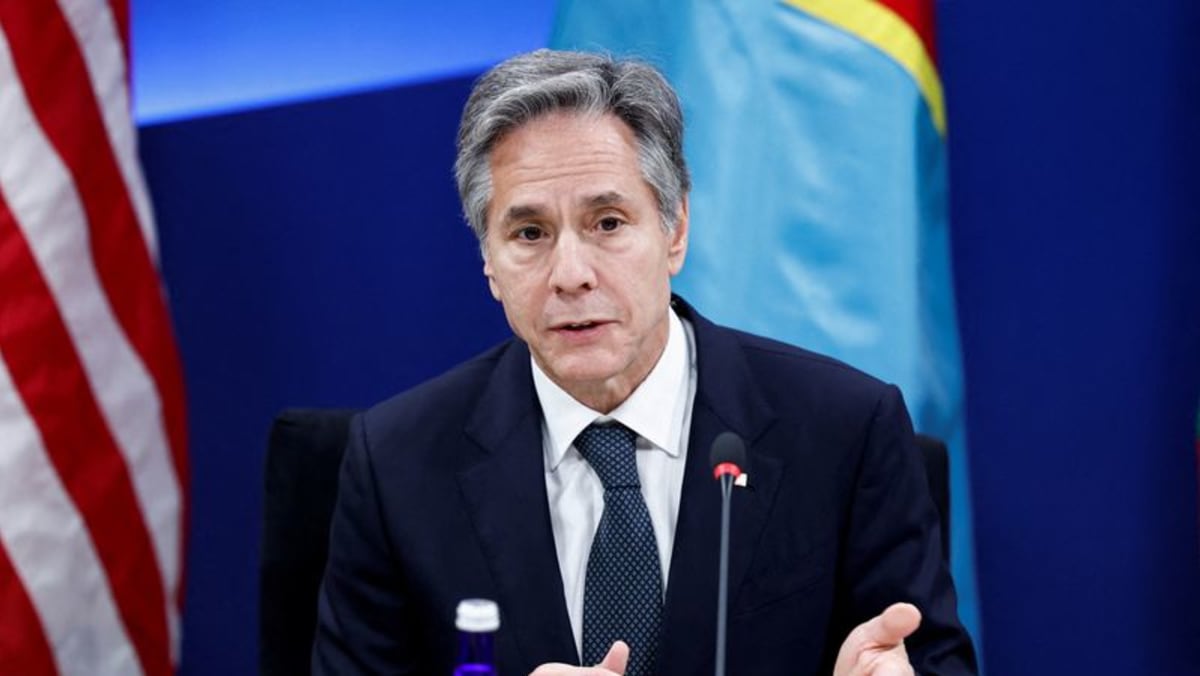WASHINGTON: US Secretary of State Antony Blinken said on Thursday (Feb 23) countries like India and South Africa, which have not joined the West in denouncing Russia’s invasion of Ukraine, were likely on a trajectory away from alignment with Moscow but that process would not happen “in one fell swoop”.
“There are countries that have long-standing, decades-long relationships with Russia, with the Soviet Union before, that are challenging to break off in one fell swoop. It’s not flipping a light switch, it’s moving an aircraft carrier,” Blinken said in an interview with The Atlantic, marking the one year anniversary of the war.
India has faced pressure from the West to distance itself from Moscow after Russian invaded Ukraine. New Delhi has thus far resisted that pressure, citing its longstanding ties with Russia and its economic and oil needs.
Russia has been India’s largest weapons supplier since the Soviet Union days. However, Washington in recent years has looked to woo New Delhi away from its traditional military supplier. India is desperate to modernize its largely Soviet-era fighter jet fleet to boost its air power after concerns over Russian supply delays due to the Ukraine war.
“India for decades had Russia at the core of providing military equipment to it and its defenses, but what we’ve seen over the last few years is a trajectory away from relying on Russia and moving into partnership with us and other countries,” Blinken said.
Blinken also added that he understood the reasons for South Africa’s ties with Russia while acknowledging regret for Washington’s “sympathetic” approach to the apartheid-era regime in South Africa.
The African National Congress party, which has governed South Africa since white minority rule ended in 1994, had strong ties to the former Soviet Union, which trained and supported anti-apartheid activists during the Cold War. Nelson Mandela, South Africa’s anti-apartheid hero, who died in 2013 and was a global icon, was regarded with suspicion by Washington during the Cold War and was even on the US terrorism watch list in that era.
“The Soviet Union was supportive of the freedom forces in South Africa, and of course unfortunately, more than unfortunately, the United States was much too sympathetic to the apartheid regime, so that history also doesn’t get erased, you know, overnight, it’s a process,” Blinken said.
(Except for the headline, this story has not been edited by PostX News and is published from a syndicated feed.)

